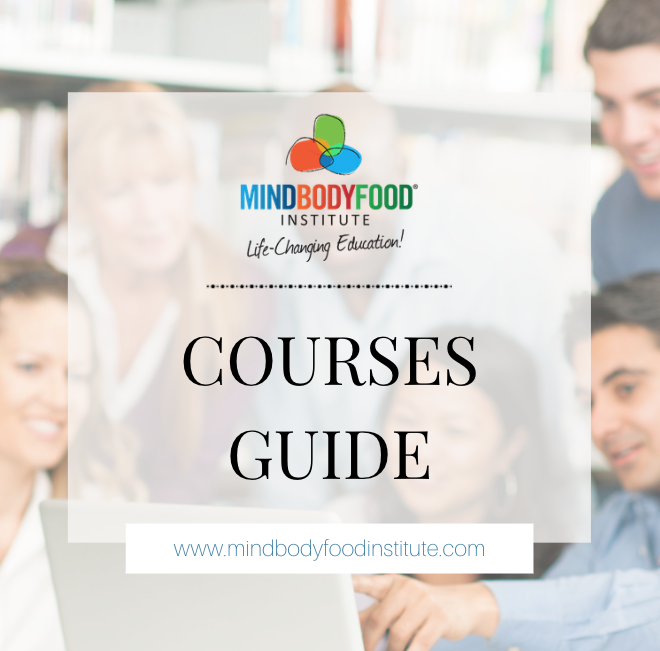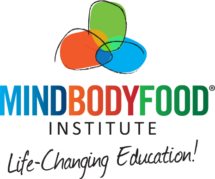Research shows that consistently grateful people are happier, more energetic, more hopeful, more helpful, more empathic, more spiritual, more forgiving, and less materialistic. They’re also less likely to be depressed, anxious, lonely, envious, neurotic, or sick.
In one study, a group of participants were asked to name five things they were grateful for every day, while another group was asked to list five things that annoyed them. Those expressing gratitude were not only happier and more optimistic; they reported fewer physical symptoms (such as headache, cough, nausea, or acne).
Let’s take a deeper look at what happiness is, and where we derive it.
Firstly, keep in mind that happiness is subjective from one individual to another. The idea or installation of happiness within a person’s mind and life will be different from person to person. The important objective here is to always clarify and bring more awareness to what you believe about happiness: what it means and how it feels to you.
It’s a well-known fact that many people place conditions on their happiness where certain expectations must be met before happiness can be experienced.
Do any of these resonate with you?
- When I have enough money, I will be happy
- When I move into a bigger house, I will be happy
- When I get a better job,
- When I lose this extra weight,
- When I’m in a relationship, then I’ll be happy
- When my life is ‘perfect’ I’ll be happy…
Even though happiness means different things to different people, what is generally agreed upon is that happiness doesn’t ‘just happen’. The generally accepted conclusion is that people need to have a group of basic needs met, in order to experience any degree of happiness.
Is happiness a state of mind, or is it dependent on external forces?
Certain circumstances are required to initiate and maintain happiness. These circumstances are largely dependent upon how aware of your own individual needs you are and whether you’re choosing experiences that both tend to and nourish those needs on a regular basis.
Research has identified several connections with happiness, such as:
- Religious involvement
- Parenthood
- Marital status
- Age
- Income
- Interaction with other happy people
When we focus on the problem (why we believe we can’t be happy), we merely get sucked further into the stress of expectations; we feel overwhelmed, angry, helpless, and desperate – far from the emotions we’d rather be feeling.
Here’s an honest truth: We can only mask our feelings for so long in bad habits, unhealthy addictions, and destructive or toxic relationships. There will come a point when we no longer wish to live that way, or we simply can’t.
Being happier will almost always be an emotional driver towards wanting to make change. A great place to start is by asking yourself to get clear about and write down your happiness needs. This is best done for each life area, as each contributes to our happiness in unique ways.
Once you’re aware of what you need in order to feel happier in each life area, you can start to take positive steps towards meeting those needs in healthy ways.
Featured image by Helena Lopes on Unsplash.
Author:
Viki Thondley
Viki Thondley-Moore is an Integrative Holistic Counsellor, Brain-Based Coach, Clinical Hypnotherapist, Mind-Body Somatic Practitioner, Wellness Coach, Meditation Teacher, Educator and Disordered Eating Specialist. Viki is founder of MindBodyFood and Founder/Director of the MindBodyFood Institute.
DOWNLOAD OUR COURSES GUIDE
Learn More About Our Course Offerings and Discover Which New Wellbeing Career Best Suits Your Passion!








